Olbia beach regulations
The Municipality of Olbia has published a regulation indicating beach bans, i.e. what you cannot do, and it is valid for all the beaches in the Municipality of Olbia.
What you cannot do on Olbia's beaches
Leaving umbrellas, chairs, deckchairs or camping equipment after sunset on free beaches
Transit and/or stop with motor vehicles, motorbikes, mopeds and vehicles of all kinds with the exception of vehicles used for beach cleaning, rescue and other specifically authorised vehicles.
Trampling dunes and their vegetation. Dunes are defined as sandy accumulations located in the area behind the beach, arranged parallel to the coastline, with an irregular shape depending on the direction of the prevailing winds.
Leave boats parked in order to avoid hindering bathing activities, with the exception of those intended for rescue operations and assistance to bathers.
Driving any kind of animal. Excluded from the ban are licensed rescue dog units and guide dogs for the blind
Throwing rubbish into the sea or leaving rubbish of any kind on the beach, even if it is contained in appropriate bags.
Use shampoo soap during bathing.
Moving, damaging or concealing fixed or floating signs placed to protect public safety.
Lighting fires or making use of open flame or electric cookers on sandy shores
Two particular rules
There are two very important rules to be observed on Olbia's beaches that perhaps not everyone knows, especially those coming to Olbia for the first time. We indicate these two prohibitions separately because they are special and differ from standard beach regulations.
no smoking
no single-use plastic
No smoking on Olbia's beaches
The decision to ban smoking on the beach is a decision taken by the municipality and applies to all beaches in Olbia. There are some common reasons why smoking may be banned on the beach in many places:
Safety: Smoking on the beach can pose a fire risk, especially if cigarette butts are thrown into the sand or surrounding vegetation. Dry vegetation and flammable materials can easily catch fire, endangering the safety of people, animals and the surrounding environment.
Hygiene and cleanliness: Cigarette butts are one of the most common types of litter found on beaches. These butts can pollute the marine environment, harming marine fauna and compromising beach cleanliness for other visitors.
Public health: Cigarette smoking can be harmful to the health of people at the beach, especially those who prefer to avoid passive smoking. Banning smoking on the beach can help create a healthier environment for all visitors.
Respect for others: Some people may be bothered by cigarette smoke and prefer to enjoy the beach in a smoke-free atmosphere. The ban on smoking on the beach seeks to ensure that everyone can enjoy the coastal environment without disturbance.
Single-use plastic banned on Olbia beaches
Environmental protection: Plastic is a long-lasting material and can cause serious damage to the marine environment. When plastic is abandoned or scattered on the beach, it can end up in the sea due to wind or tides. This plastic can be ingested by marine animals, causing suffocation, digestive tract obstruction or damage to marine organisms. In addition, plastic can fragment in the sea forming microplastics, which pose an even greater risk to marine wildlife and can also contaminate the human food chain.
Beach cleaning: Abandoned plastic on the beach is a common problem and can compromise the natural beauty of beaches. Removing plastic from the sand requires significant cleaning and maintenance efforts by local authorities. A ban on plastic on the beach helps to reduce the plastic waste load and preserve the natural appearance of beaches.
Awareness-raising: Banning plastic on the beach is also a way to educate and raise awareness about the importance of reducing the use of single-use plastic and adopting more sustainable behaviour. Promoting the use of environmentally friendly alternatives to plastic, such as reusable containers or biodegradable materials, encourages greater awareness of the issue of plastic in the environment.
It is always advisable to respect local rules and do one's part to help protect the marine environment.
How useful was this post?
Click on a star to rate it!
Average rating 4.7 / 5. Vote count: 19
No votes so far! Be the first to rate this post.

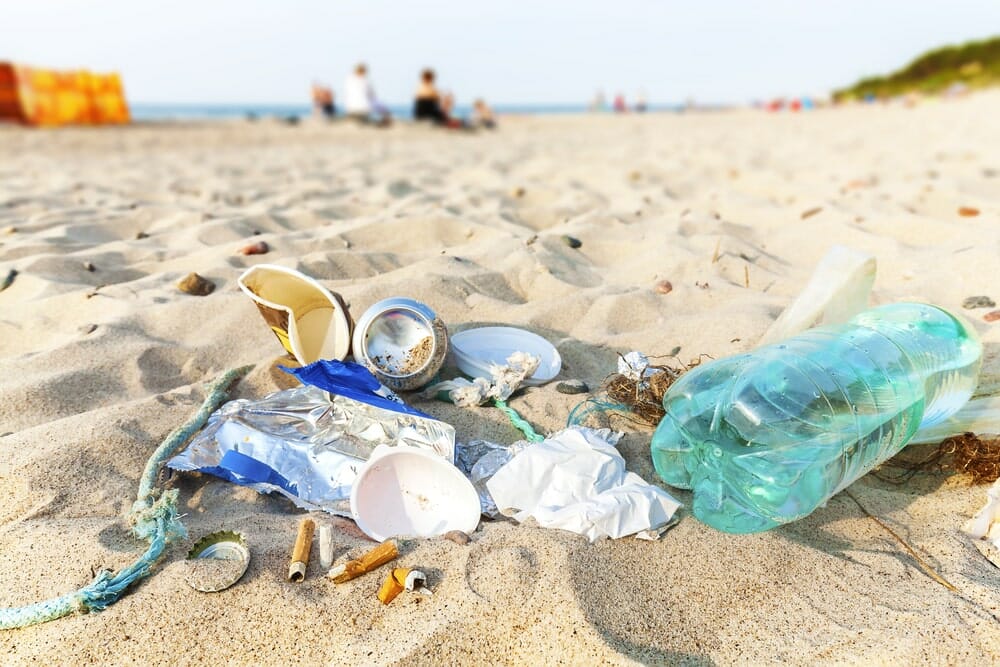
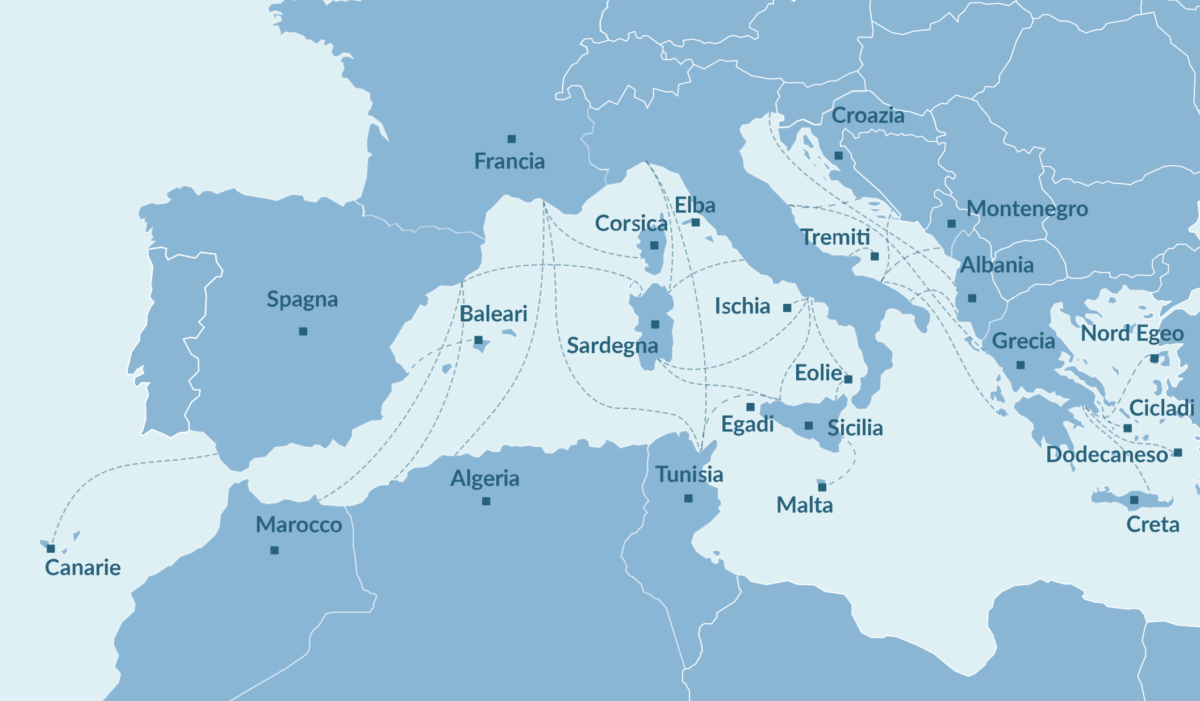
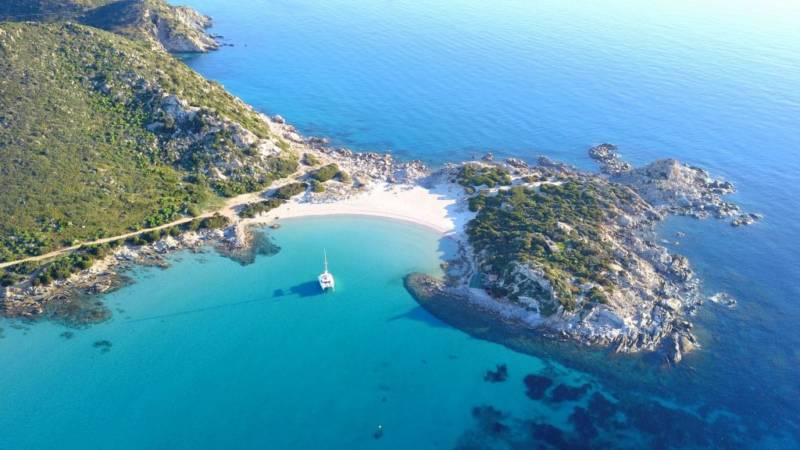
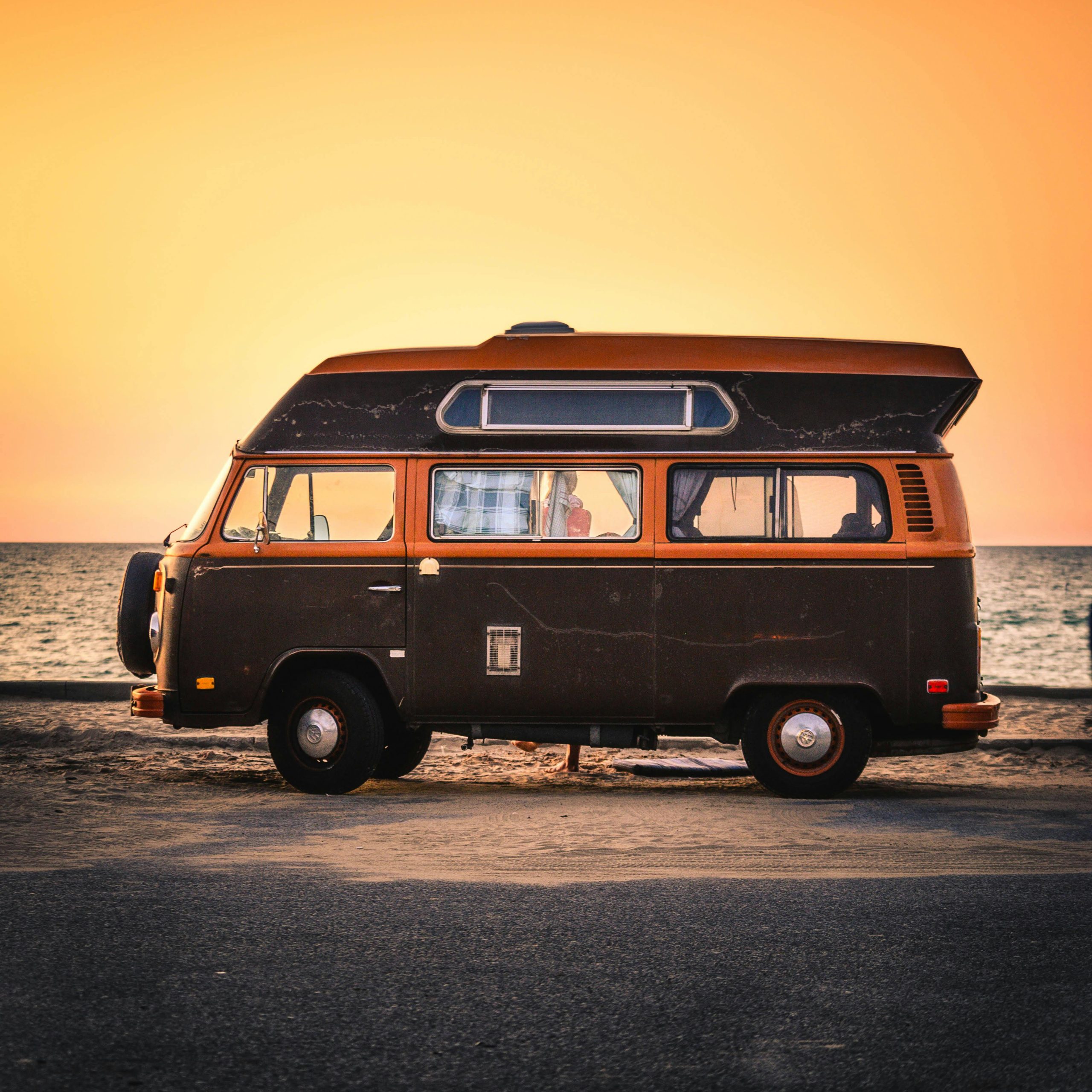


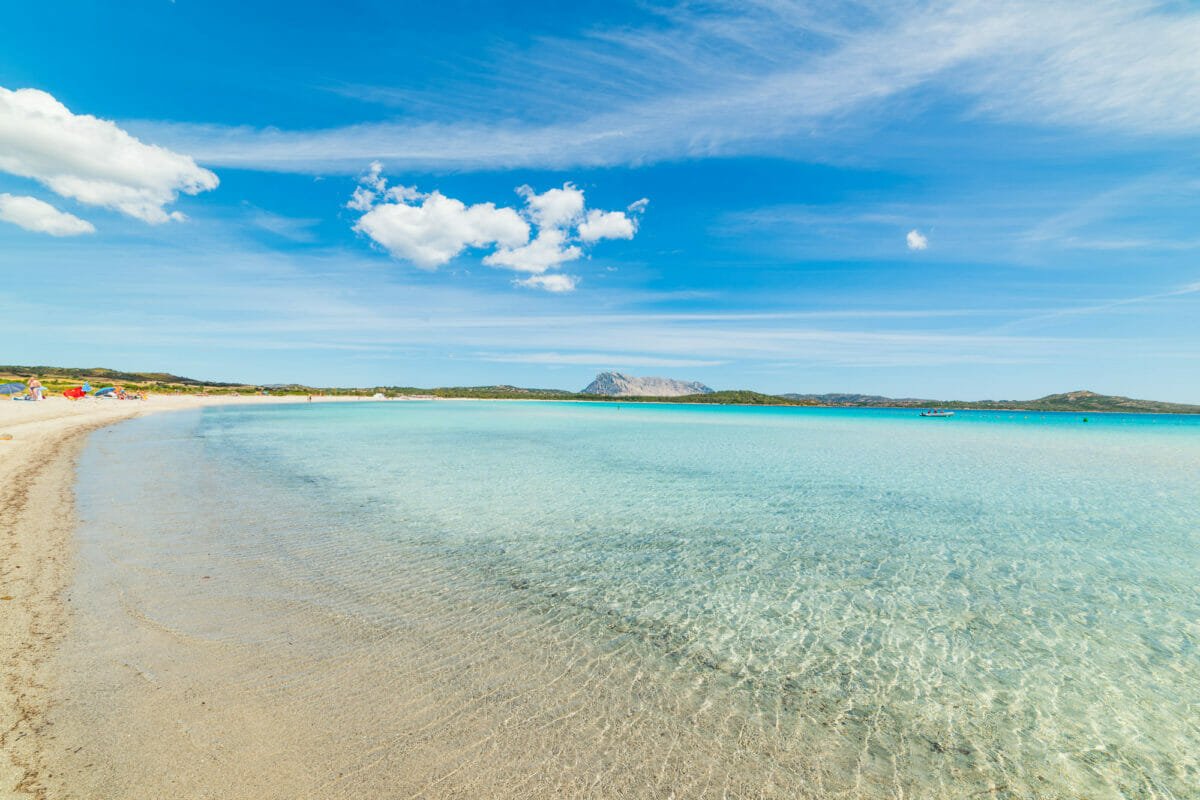
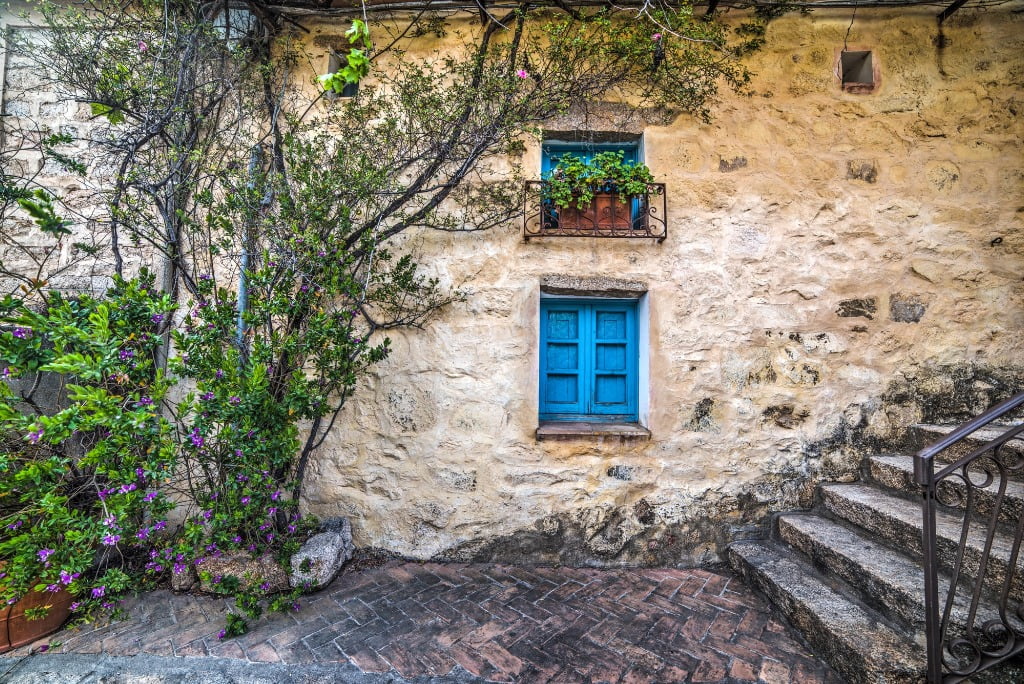


One Response
Prohibitions are fine, but they must be observed and, in the event of non-compliance, sanctioned.
I hardly ever see policemen patrolling the beach or guards of any kind.
I see too many people smoking on the beach.
In other locations, even in the summer, if one smokes, one is immediately sanctioned with heavy fines and, above all, the smoking ban cannot be by-passed by setting up smoking areas as seen at some bathing establishments or beach bars.
If there is a ban, it applies to the whole beach even if there are bathing establishments or bars/restaurants on it.
On the contrary, the manager of the establishment or the bar/restaurant should be the chief enforcers of the bans.
I hope that the protection of health and the preservation of the environment will begin to have fertile ground precisely through the beaches.
Antonio C.